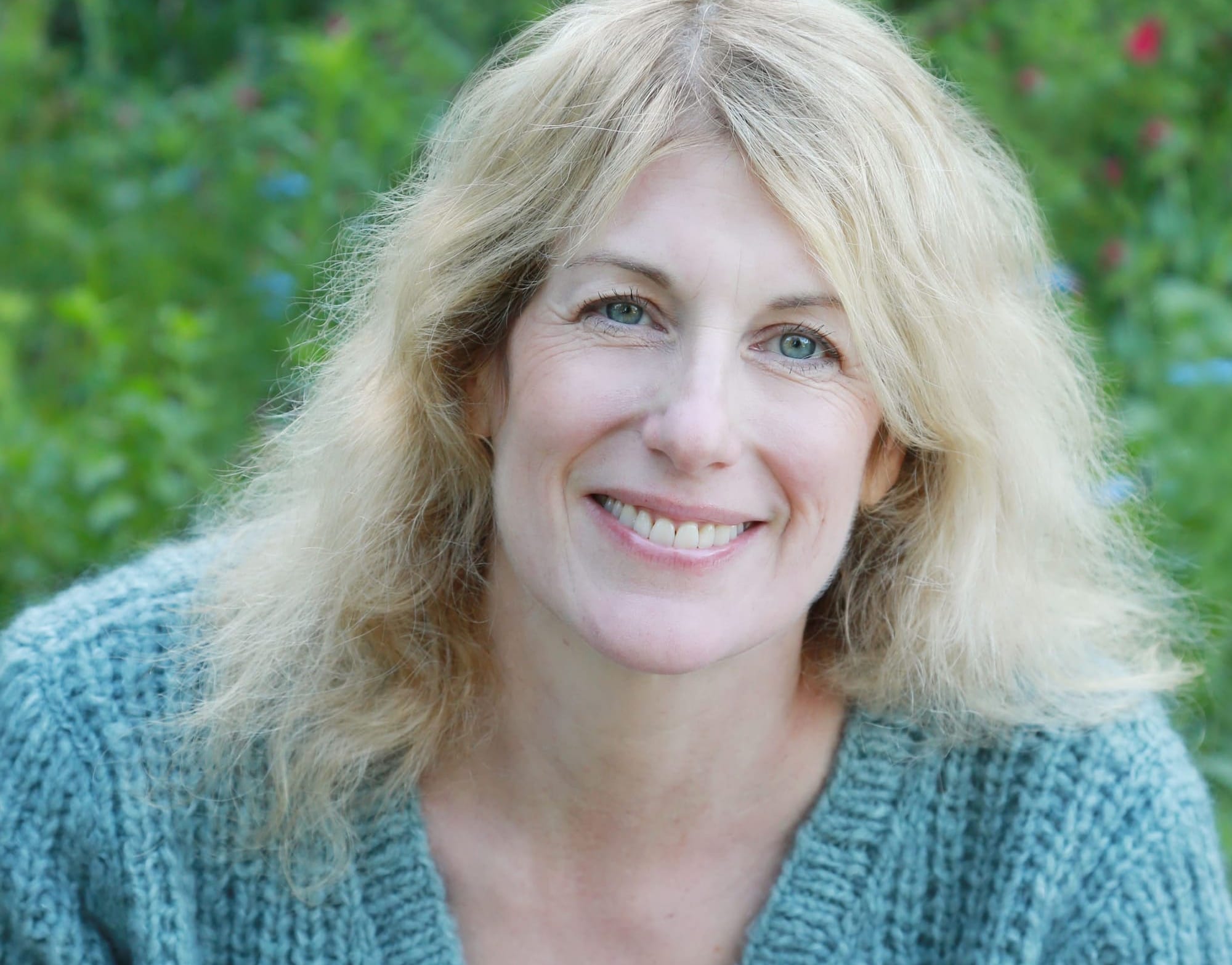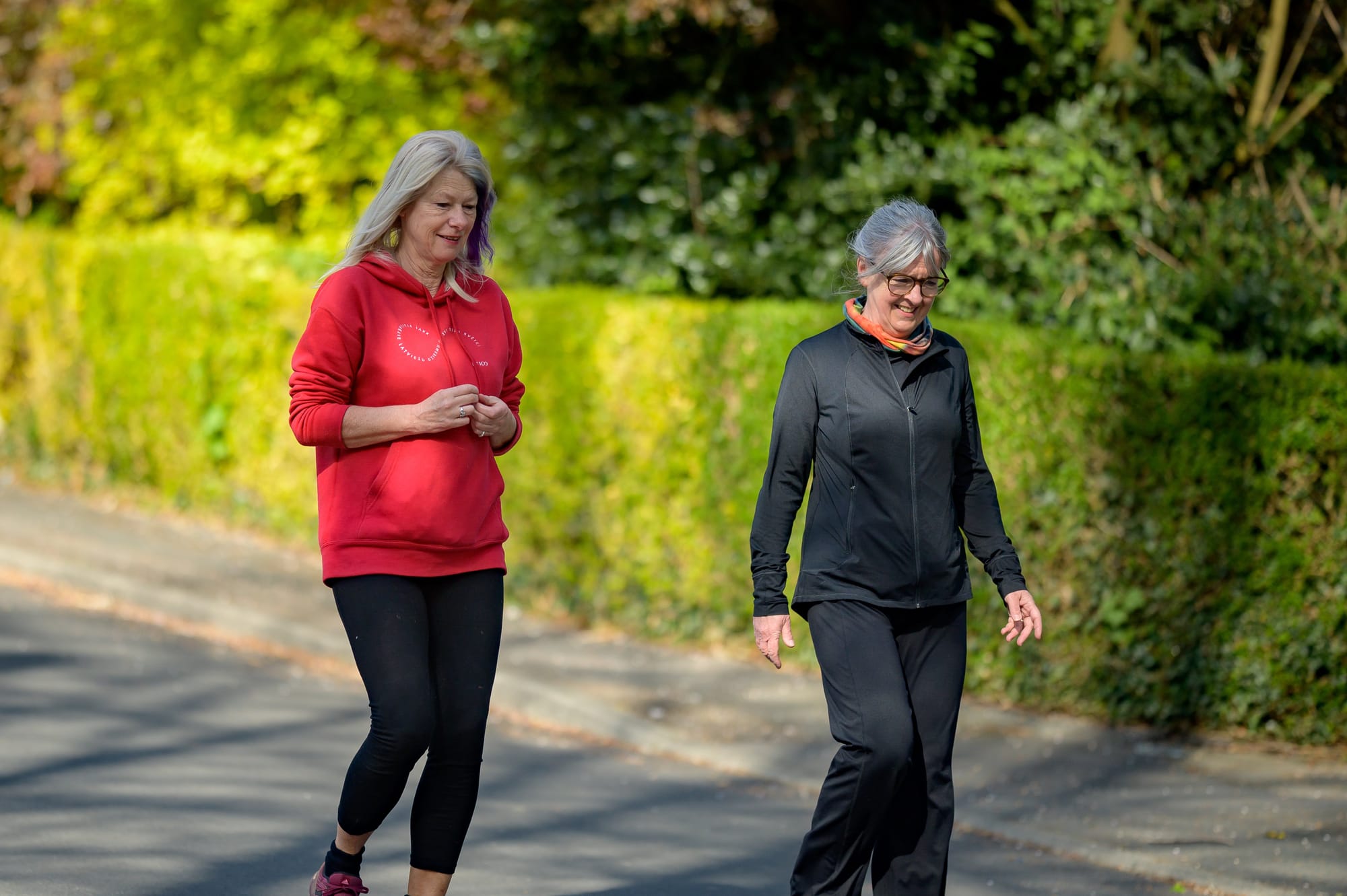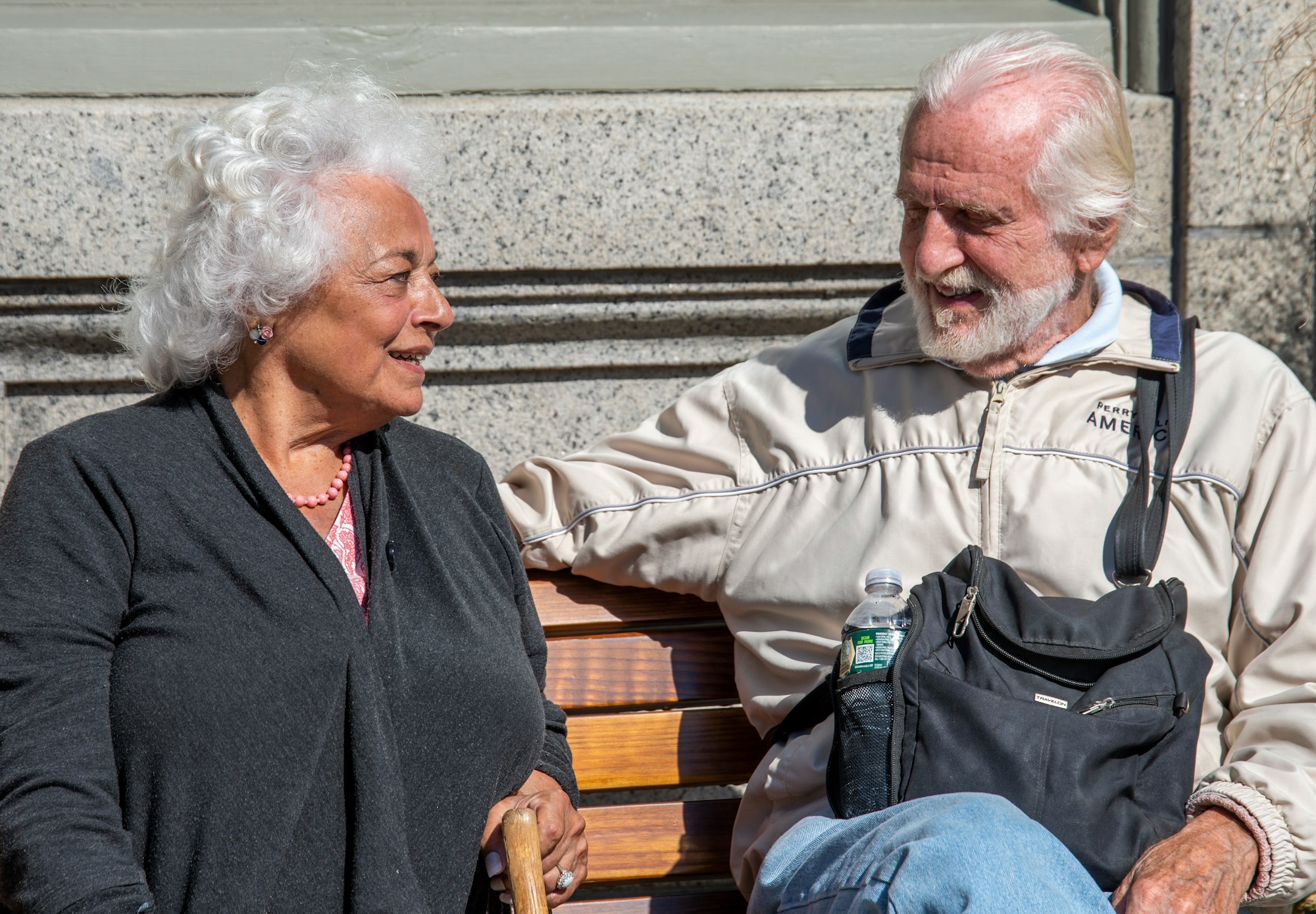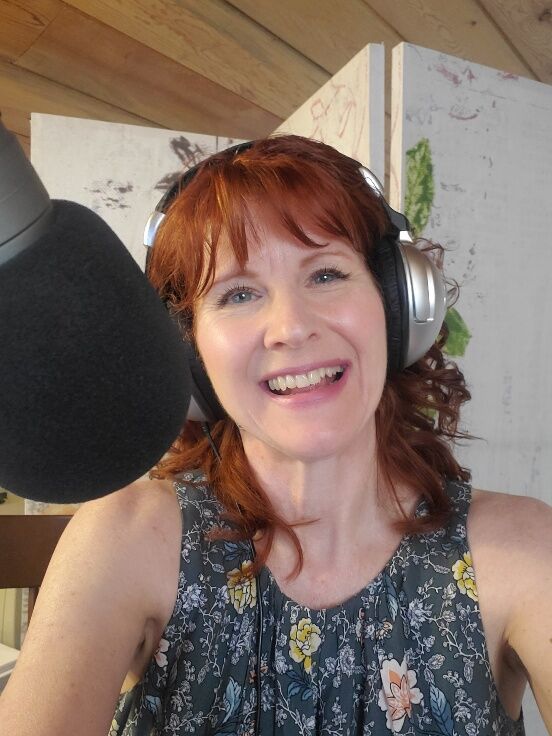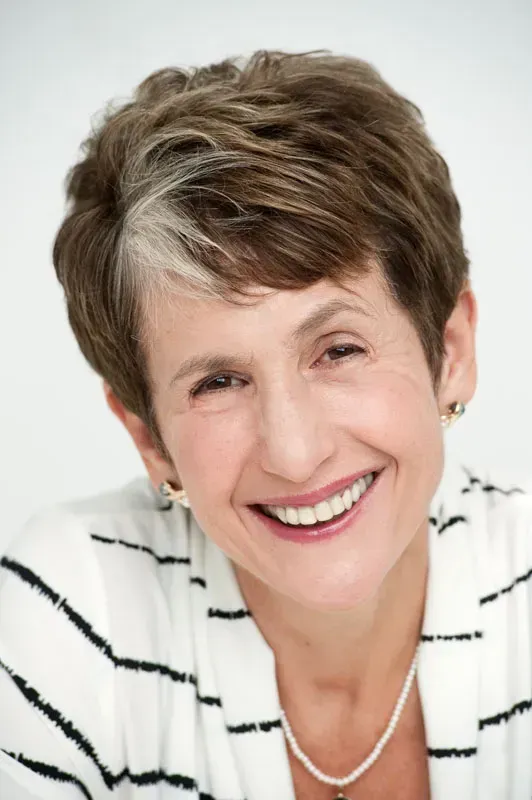At 50, Debbie Weiss found herself facing a reality she had never imagined. She was a widow, alone for the first time since she was 17, and trying to navigate the bewildering world of online dating and midlife romance. After losing her childhood sweetheart George to stage 4 male breast cancer, Debbie found herself in a spiral of loneliness before she decided to meet new people.
"I had to sort of learn how to create a new life and interact with people when that's nothing I'd ever really tried to do before"
When should one start dating?
"Well, I think it's really individual," Weiss says when asked about timing. Her own experience illustrates why there's no universal answer. "I started dating again 14 months after my loss, a little over a year, and I thought it was enough time, but it really wasn't."
The traditional wisdom suggests waiting a full year, but Weiss learned that readiness involves more than calendar pages. "So I think the right time to date after a loss is when you're feeling strong enough, when you're feeling strong in yourself and like you found yourself after your loss"
you start when you're feeling strong within yourself

Studies show the average time before dating again is 2 years and 7 months, with 63% feeling they waited the right amount of time. "Because you know when you lose your partner, you lose that relationship. You lose your sense of self as a partner, a wife, or just as someone who's loved, you know, someone who's with somebody," Weiss explains.
Available As Is: A Midlife Widow's Search for Love
- Introduction
- Caregiver Guilt
- When to start dating as a Widow?
- The scary world of online dating
- A recurring question of deserving love
- Finding a community
- Identifying Red Flags!
- A hilarious one
- Available As Is
Online dating
Online dating proved both a blessing and a curse. "I did a lot of online research, and I found this Ted talk by this gal... she said, from all of this, men are visual and they will go for images," Weiss explains. Professional photos helped her attract "much more objectively probably successful people," though this didn't guarantee compatibility.
The reality of online dating for widows can be harsh. "What I found was that the quality of the people I met, for the most part, not everybody, but there were a lot of really damaged, disturbed, middle aged men out there," she admits with characteristic honesty. Weiss's dating adventures reveal the often absurd reality of midlife widow dating. One particularly memorable disaster involved a man who "looked like Alec Baldwin. Really fit. Seemed really cheerful." She anticipated her "first real kiss since I've lost my husband." Instead: "He said, I need to tell you something. For a long time, I've been really sad... because of this ex-girlfriend. And that was what he talked about for the next two hours."
I wrote my book to help other widows, and I did, but I also joke secondarily, I wrote it to warn other single midlife women about the poor quality of the many available midlife men out there
Other red flags included men who treated dates "like a job interview," those seeking "someone who's a hostess" or "to stay at my house when I travel," and the chronically bitter: "Some folks, it's an overused term, but it's narcissistic. And you could tell because they just talked about themselves."

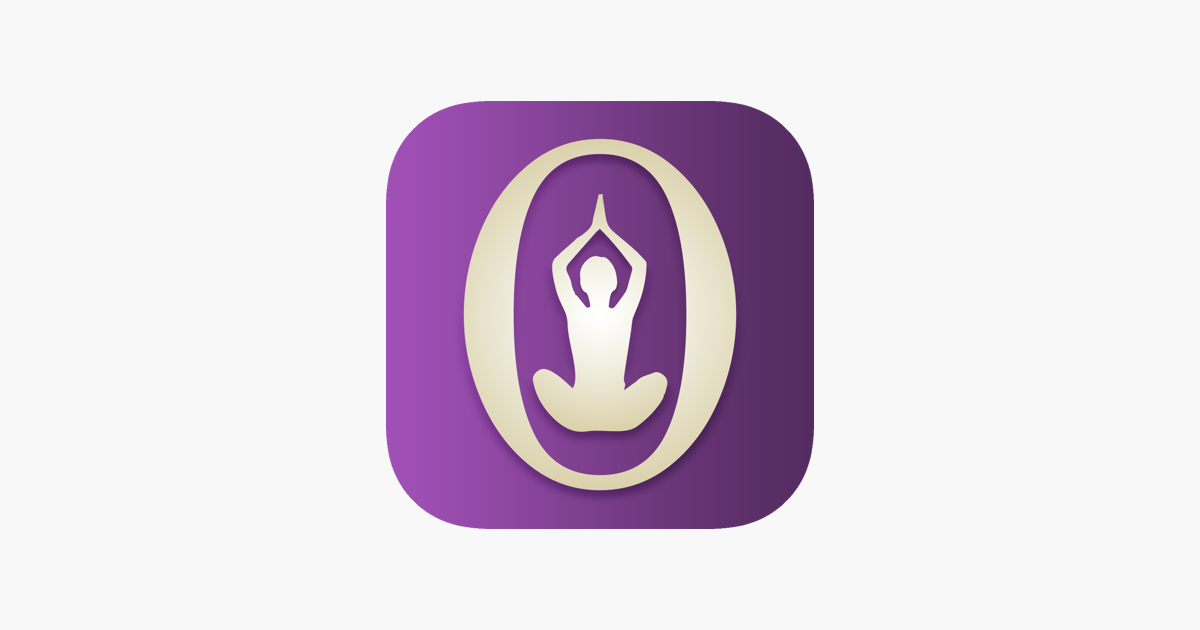
The psychological challenges
Widow dating also involves unique psychological challenges that Weiss learned firsthand. Her inexperience added complexity: "I never dated when I was in high school, like most people did or in college, because I was with my late husband, George. We got together when I was 17 "
This lack of dating experience made her vulnerable and caused her to open up to people who obviously had issues. And she had thought that maybe this was how people were like.
"On the surface I looked fine, but inwardly I felt very guilty and I really doubted whether I deserved a good life. You know, George was gone. He wasn't going to have a good life anymore."
This survivor guilt also affected her dating choices. "I didn't make the best choices sometimes, especially with men," she admits. The psychological burden made her accept less than she deserved: "Originally I thought, well, you know, I don't really deserve a good life... So if this guy is drinking in the car or being kind of nutsy, well, that's the life I have now. But it didn't have to be."
Caregiver Guilt
For many widows like Weiss, dating challenges are compounded by enduring caregiving memories. George's denial about his prognosis created difficult circumstances for her. "He was a genius. And I think to keep himself going, he went into denial. So to his mind, he was getting better, even though clearly he was getting much, much worse," she explains. "He wouldn't let me tell them [his parents] he had cancer. He turned down palliative care... there was no chance for hospice."
How to deal with caregiving guilt became essential for Weiss's wellbeing. Her breakthrough came through writing and community. She had put up a story about caregiver guilt and how terrible she had felt in the Huffington Post. Within an hour or so, she had received 80 comments from other people who had been caregivers, who had been through the same thing and who had told her she was not alone.
Beyond online dating
For Weiss, yoga had become transformative. When she joined a yoga studio, there was a group of women around her age who would invite her to post yoga meetups. This marked a significant shift for someone who'd struggled with female friendships since childhood. "I really didn't have a lot of faith in women," she admits, but the yoga community proved different: "They were really welcoming and really inclusive."
Weiss was also a part of a writing group. She enrolled herself in an MFA degree at the age of 53. Post-graduation, she continued to do regular writing meetups while writing columns for online magazine and readings with a local group.
"Part of it was sharing my experience, and part of it was really wanting to learn the craft of writing,"
"Part of it was sharing my experience, and part of it was really wanting to learn the craft of writing," she explains about her book which won the 2024 gold medal for Independent Publisher Book Awards in Aging, Death and Dying.
Self-care and yoga: Finding balance
For Weiss, developing a sustainable self-care routine also became crucial to her healing. Yoga became central to both her physical and social recovery. Her commitment to yoga deepened over time. For her 60th birthday, she took yoga even further: "I did 200 hour yoga teacher training. So I'm a 200 hour certified yoga teacher now"
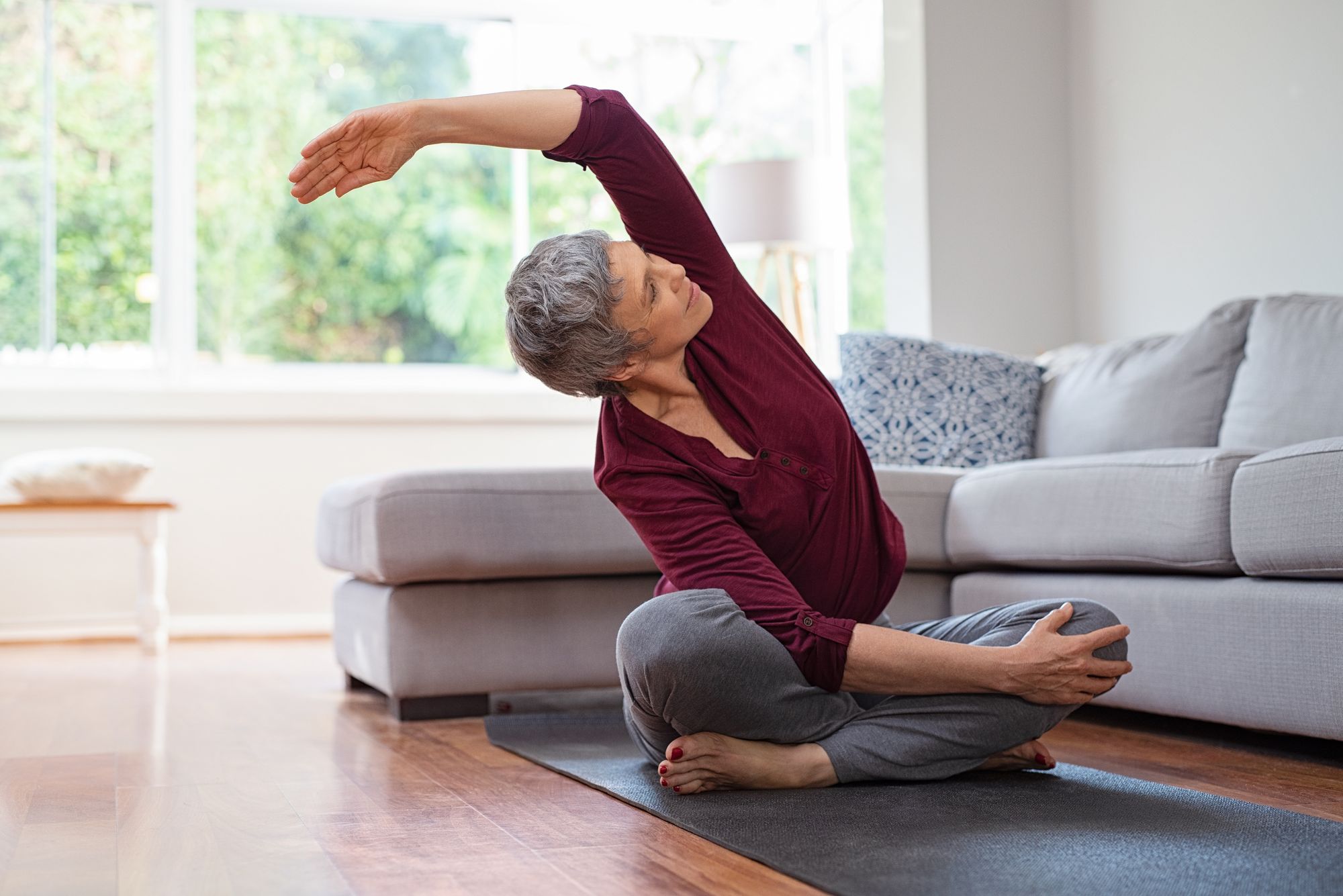

Beyond yoga, her self-care philosophy centers on not rushing. "For me, self-care is not rushing. " she explains. "I think a lot of especially women were really hard on ourselves". With her current partner, she maintains intentional connection through weekly date days. They also focus on healthy eating, with her partner taking the lead on nutrition research.
I think the biggest thing about self-care for me is not rushing
Available As Is: The transformation
Today, Weiss lives with her partner of seven years, whom she met through online dating. Her journey from dating disaster to successful author to happily partnered illustrates in spite of unique challenges, happiness is achievable but needs to be pursued.
The contrast with her early dating experiences couldn't be starker, but the path between required processing grief, rebuilding identity, addressing caregiver guilt, and learning to believe she deserved love again.
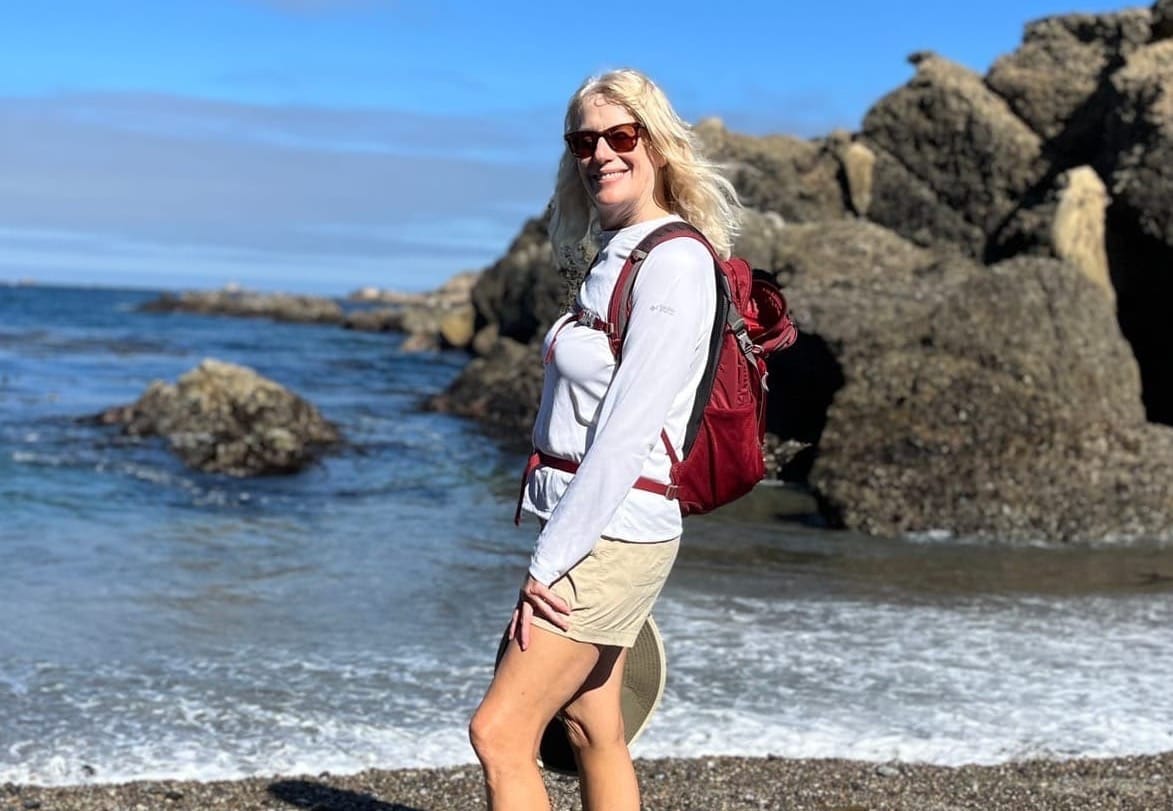
"We're older singles, so we're available as is, like real estate, right? You know, you look at an older home and it's being sold available as is. Someone's not going to make all the repairs and make it brand new. And that's kind of like us."
Debbie astoundingly covers many aspects of her journey with a smooth transition from a novice in the initial chapters to much in control by the end of the book. While still hurt and in doubt, the book is a witty, humorous and at times serious reflection of growth and becoming.
feedback: Leave your comments below or email at contact@oseterics.com

